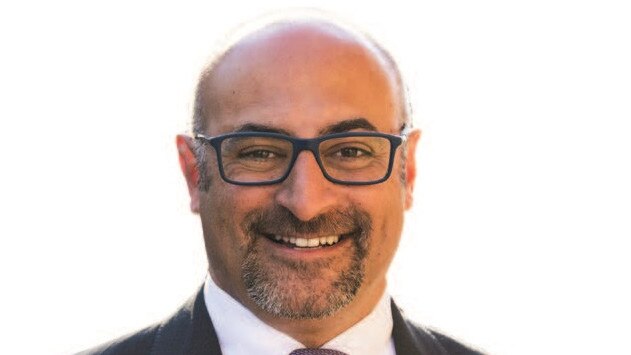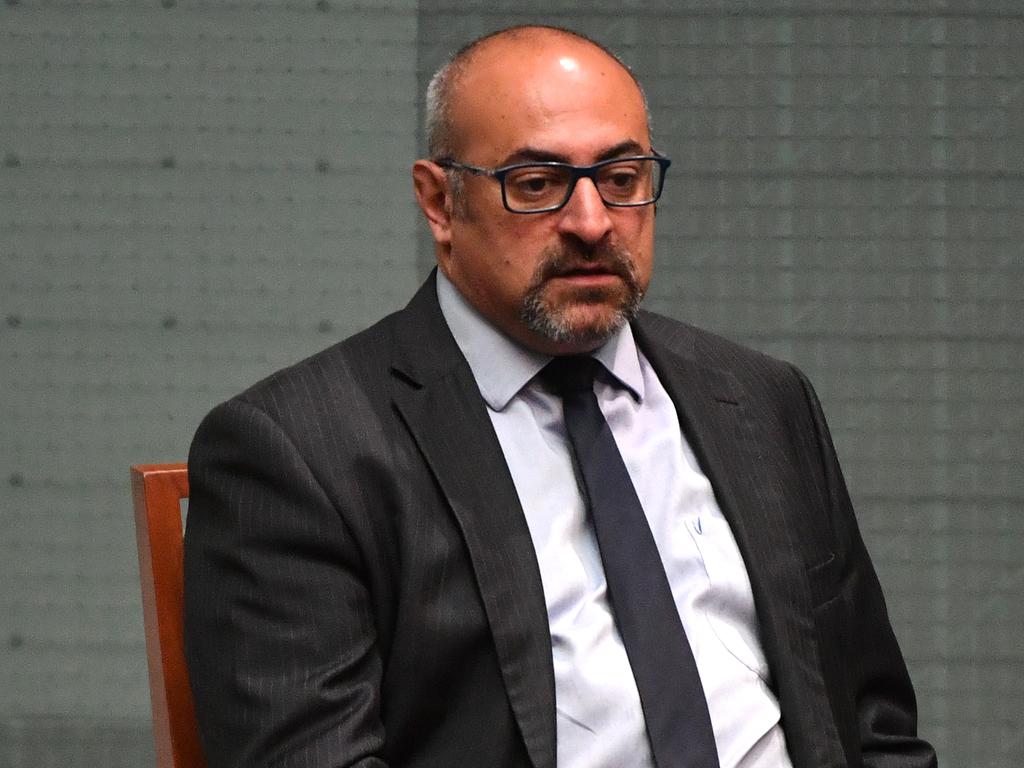Security up in air as Labor squabbles
The parliamentary committee which helps shape Australia’s national security legislation will not be operational until at least September, almost four months after the federal election.

The parliamentary committee which helps shape Australia’s national security legislation will not be operational until at least September, almost four months after the federal election.
Labor factional squabbling has delayed the establishment of the Parliamentary Joint Committee on Intelligence and Security, which examines the nation’s counter-terrorism, law enforcement and foreign interference legislation.
The party has been unable to settle on the six members it will appoint to the committee, widely regarded as parliament’s most important, meaning the Liberals cannot settle on their final five names.
While Labor usually ensures its Right MPs hold the Labor numbers on the committee, the factions are currently seeking three members each for the Left and Right, meaning they are unable to decide how many members should come from the Senate and how many from the House of Representatives.
The intelligence agencies are watching closely, as the views of the committee can directly affect their legislation.
Labor’s Peter Khalil will chair the committee, and other proposed Labor names are MHRs Julian Hill, Luke Gosling and Josh Wilson, as well as senators Jess Walsh and Raff Ciccone.
Mr Hill, Mr Wilson and Senator Walsh are from the Left while Mr Khalil, Mr Gosling and Senator Ciccone are from the Right.
The Liberals will likely nominate former committee chairs Andrew Hastie and Senator James Paterson and Senator Simon Birmingham, along with Karen Andrews, while former speaker Andrew Wallace is expected to be confirmed as deputy chairman.
But if they have to drop one member of the House of Representatives, they face the choice of squeezing out the opposition defence spokesman (Mr Hastie), the opposition home affairs spokeswoman (Ms Andrews) or former speaker Mr Wallace.
The Labor indecision comes despite the committee being required by law to comprise five senators and six members of the House of Representatives.
While all previous legislation before the committee lapsed with the dissolution of the previous parliament, the committee’s work includes regular reviews of the surveillance legislation and other extra powers granted to law enforcement agencies.
It also conducts so-called “classified estimates’’ – conducting private examinations of the financial performance of agencies such as ASIO.
The committee is one of parliament’s most high-profile and important, and usually reaches bipartisan agreement on proposed changes to legislation.
Its members often go on to take up ministerial or opposition spokesperson roles, making it a highly valued and sought-after appointment.
Senator Paterson and Mr Hastie are two of the founding members of the Wolverines, a cross-party group of MPs that was formed to push back against creeping Chinese expansionism and bullying in Australia.
Mr Khalil is also considered a China hawk, and while he never joined the Wolverines, he is co-chair with Senator Paterson of the Australian arm of the global Inter-Parliamentary Alliance on China, which also calls out Chinese bullying and foreign influence attempts.
Parliament rose on Thursday night without the committee members being rubber-stamped, meaning the committee cannot be convened until at least early September when parliament next resumes.
A spokesperson for Anthony Albanese defended the delay and said talks were ongoing about the committee membership.
“The Parliamentary Joint Committee on Intelligence and Security is a unique body with strict legislative requirements around membership and composition,’’ the spokesperson said.
“It undertakes a number of important and critical functions essential to the nation’s security.
“We will not be rushed into establishing the committee – it is important we take the time to get the membership and composition right to ensure the PJCIS can perform its important role.’’
Opposition Leader Peter Dutton’s office did not respond to a request for comment.







To join the conversation, please log in. Don't have an account? Register
Join the conversation, you are commenting as Logout